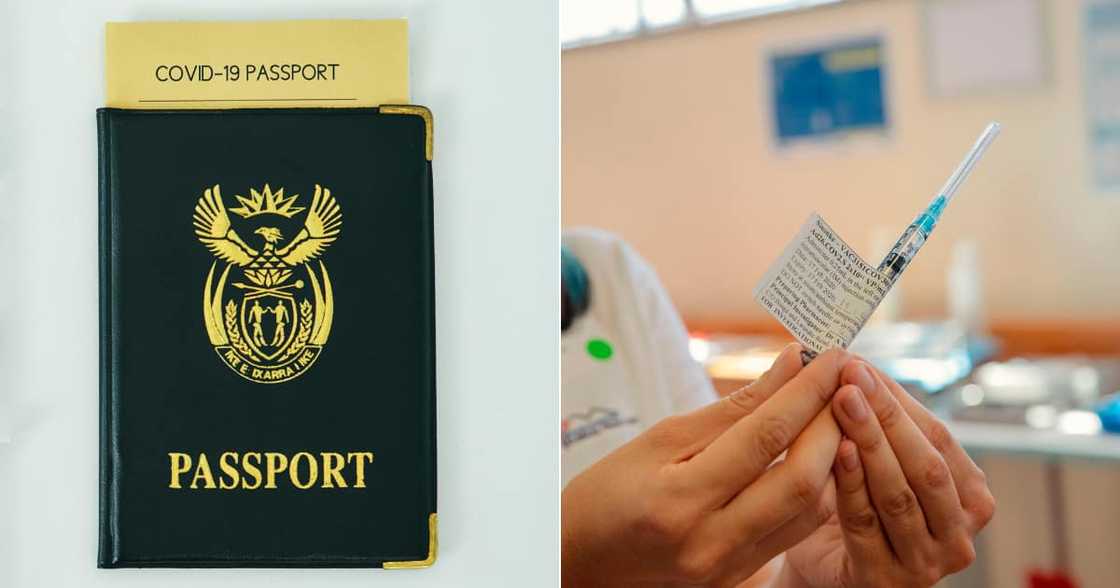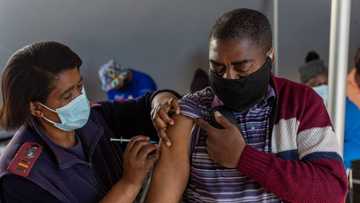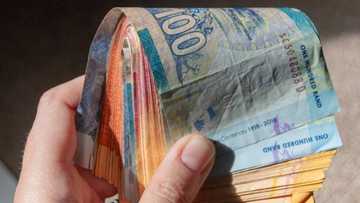Covid 19: Vaccine Passport System May Exclude Unvaccinated People from Attending Major Events
- The Department of Health is looking into introducing a digital system to register people who have received the Covid 19 jab in the next few weeks
- The introduction of vaccine passports in the country could mean that people who have not received their vaccine could be barred from attending certain events
- Professor Tulio de Oliveira says in actuality the idea of a vaccine passport is not new and has been around for years
PAY ATTENTION: Click “See First” under the “Following” tab to see Briefly News on your News Feed!
JOHANNESBURG - Continued talks about a vaccine passport have left South Africans with a lot of questions. President Cyril Ramaphosa informed South Africans that the government is looking into introducing vaccine passports to prove an individual has been vaccinated against Covid 19.
South Africa is not the first country that has proposed the idea of a vaccine passport to give people who have been vaccinated access to bars, nightclubs and even sporting events.

Source: Getty Images
Currently, South Africans have vaccination cards and an SMS system they can use as proof of vaccination. There are currently no laws or requirements for people to present their vaccine cards to access any kind of services, however, this may change in the future.
The Department of Health's Dr Lesley Bamford says while vaccine cards and an SMS would be enough to present as proof in South Africa, when it comes to international travel, countries prefer a digital system to prove that someone has been vaccinated, and that is where the vaccine passport comes in, according to a report by SABC News.
PAY ATTENTION: Never miss breaking news – join Briefly News' Telegram channel!
Bamford says South Africa is following in the footsteps of other countries that have now made a vaccine passport a requirement to attend sporting events. He adds that vaccine passports could also encourage citizens to get vaccinated as well.
He further states that a digital system is currently in the works and should be introduced to South Africans in the next coming weeks. This system will mean that people who have not received the Covid 19 vaccine will not be able to attend events and will be excluded from participating.
Vaccine passports are not a new concept
Professor Tulio de Oliveira says the concept of vaccine passports is not new and has been around for 30 to 40 years. He explains that in some countries, a person will not be allowed to enter if they have not taken the yellow fever vaccine, and that is essentially a vaccine passport, reports eNCA.
"You cannot enter in South Africa if you come from South America or South East Asia if you don't have the yellow fever vaccine passport," says de Oliveira.
He also explains that in South Africa, children who attend public schools are required to present proof that they have been vaccinated against certain diseases before they can be accepted into the school system. He explains that proof of vaccination against certain viruses is very common around the world.
Ramaphosa’s talk of ‘vaccine passports’ leaves the nation in a lacklustre state
Briefly News previously reported that proof of a Covid 19 vaccination may soon be a requirement in order to enter public spaces, according to President Cyril Ramaphosa, who mentioned vaccine passports during his Nation's Address on Sunday, 12 September.
Since then, there's been an outcry on social media as many are opposing the so-called vaccine passport. A number of citizens have been referring to the concept as a 'violation of civil liberties'. Calls for protests against the passports have been circulating online as well.
This may come as a shock to many as approximately 14.6 million citizens have been vaccinated, but Ramaphosa believes that South Africa's recovery depends on a higher vaccine take-up.
EWN reported that the president used the nation's address to reduce the fear surrounding the jab. Ramaphosa explained that a million vaccines are being administered every four to five days but more needs to be done.
Source: Briefly News




